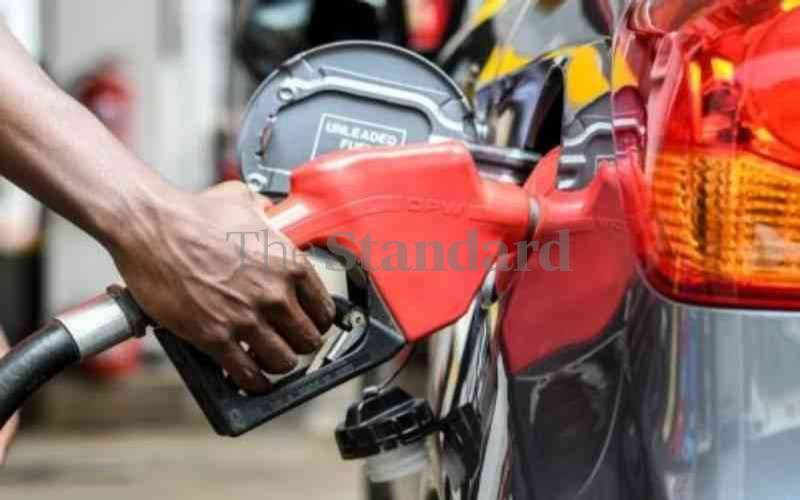×
The Standard e-Paper
Fearless, Trusted News

A litre of petrol might in the coming weeks hit Sh200 if new tax proposals by the National Treasury sail through.
Treasury has in the Finance Bill 2023 proposed an increase on the value-added tax (VAT) levied on petroleum products to the standard rate of 16 per cent from the current rate of eight per cent.